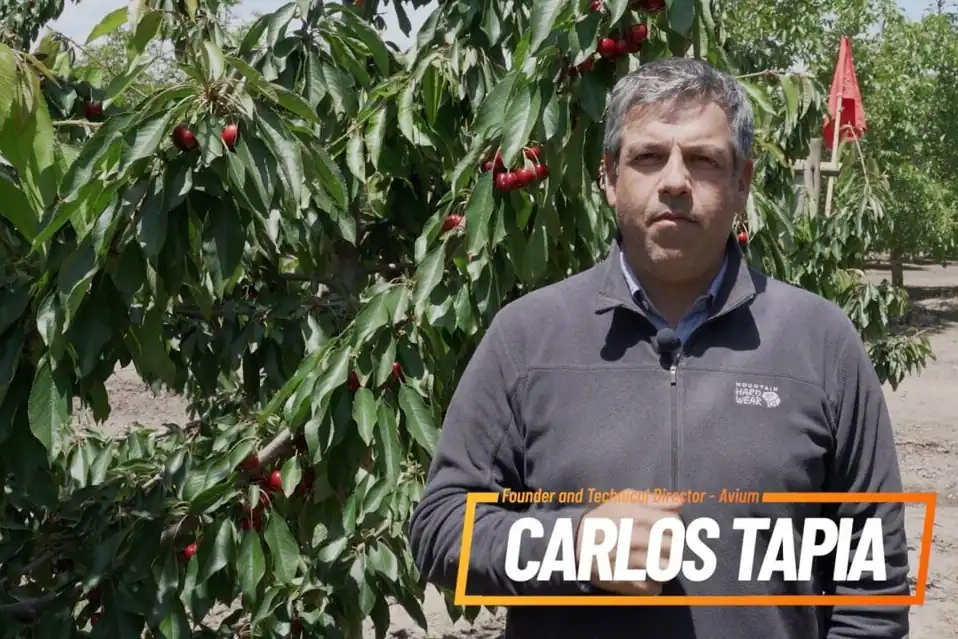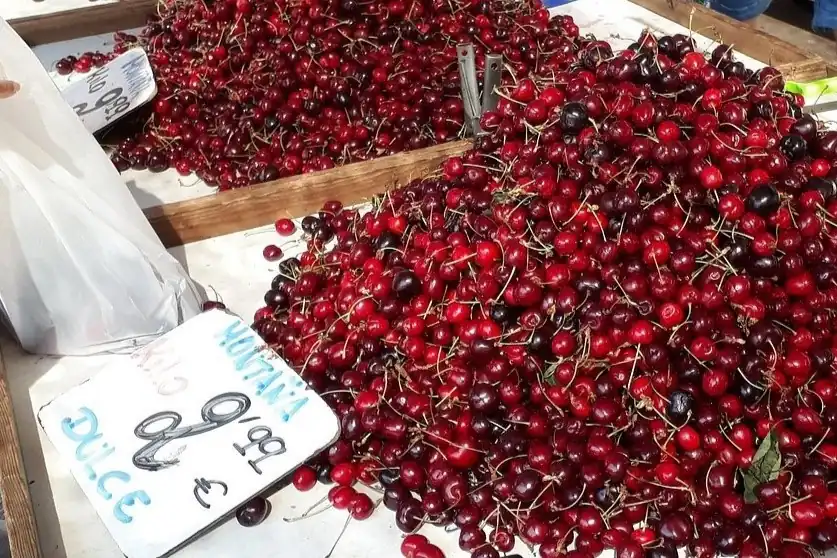Fruit size is determined by the combined effects of environmental and genetic signals that induce changes during fruit development and growth at different levels. For example, cytochromes P450 (CYP) are a very extensive and remarkably conserved group of enzymes that are of substantial importance in plant progression and maturation, in addition to their involvement in defence reactions.
They are involved in various biochemical pathways that generate primary and secondary metabolites. CYP450 enzymes, particularly those belonging to the plant specific CYP78A gene family, have been identified as key regulators of seed and fruit size in Arabidopsis and other cultivated plants
Numerous studies have shown a conserved function of KLUH in the regulation of organ size in several species. However, there is still a significant amount of knowledge to be gained regarding the molecular mechanism by which KLUH regulates fruit size.
Several plant species rely heavily on KLUH/CYP78A5 to regulate seed/fruit size; however, most of its molecular mechanism remains unknown. Furthermore, the key gene(s) regulating sweet cherry fruit size is still largely unknown. The understanding of the molecular mechanisms regulating fruit size and the functional characterisation of fruit size-associated genes are therefore advantageous for breeding aimed at developing new high-value cherry varieties
In the present study, researchers from the Chinese Academy of Agricultural Sciences in Zhengzhou characterised the function of PavKLUH in the regulation of cherry fruit size using virus-induced gene silencing (VIGS). In fruits in which PavKLUH was silenced, a decrease in fruit size was observed, due to less expansion of the mesocarp cells. By identifying a new gene encoding for PavKLUH, PavRAV2, a transcription factor capable of physically interacting with the PavKLUH promoter, was selected.
The results of this study indicate that the size of sweet cherry fruit is negatively influenced by the PavRAV2 transcriptional repressor. This occurs through the direct suppression of PavKLUH expression. When PavRAV2 was silenced, positive correlations were observed between mesocarp cell expansion and PavKLUH transcript levels during cherry fruit enlargement.
Unlike the promoter function exhibited by its homologues in other cultures, including Arabidopsis, wheat and tomato, this function is restrictive. Consequently, variations in KLUH function may exist between species. The results of this study illuminate the genetic and molecular processes by which a CYP78A family member is directly regulated by an RAV transcription factor, thereby influencing the growth and development of sweet cherry fruit.
The understanding of the complex cascade/network of transcriptional regulation governing fruit size was strengthened by these results, which also identified potential targets for genetic modification and selection to develop new cultivars of horticultural crops able to produce bigger fruit.
Source: Sweet cherry AP2/ERF transcription factor, PavRAV2, negatively modulates fruit size by directly repressing PavKLUH expression - Qi - 2023 - Physiologia Plantarum, 175, 6 - Wiley Online Library, https://doi.org/10.1111/ppl.14065.
Melissa Venturi
University of Bologna (IT)
Cherry Times - All rights reserved










